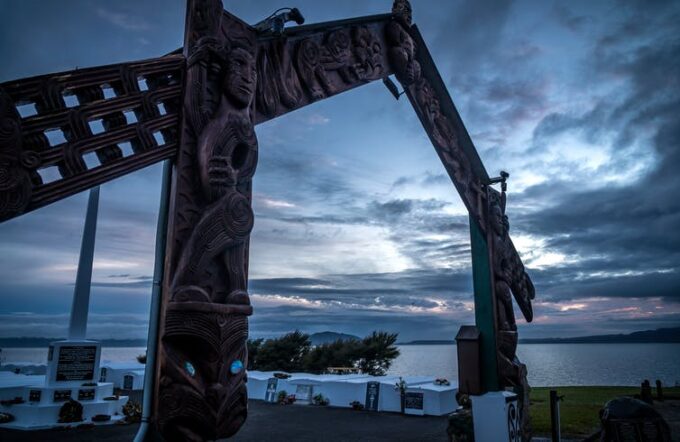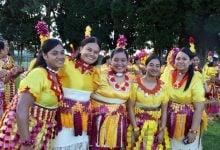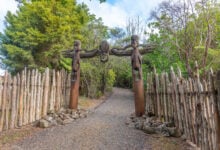
At Auckland’s Sylvia Park Primary School, Prime Minister Jacinda Ardern this week revealed the delayed new Aotearoa Histories curriculum and Te Takanga o Te Wā, which will be introduced for students from next year.
New Zealand’s largest teaching union welcomed the news, while urging the Government to invest in professional learning time and curriculum advisory services so teachers can successfully implement it.
NZEI Te Riu Roa President Liam Rutherford said the new curriculum marked an historic shift in education by putting much greater emphasis on learning our own local history, including through a te ao Māori focus.
“We know tamariki learn best when they know who they are and where they’re from. The new curriculum allows for significant examination of their communities, their own heritage and the history and influence of local iwi in their region,” he said.
“Research clearly shows that being strong in your own culture, language and identity creates a strong foundation for learning success.”
Liam Rutherford said it was now imperative that teachers be given time to work with colleagues and curriculum advisors to unpack the new curriculum and explore the new resources to ensure tamariki get the best possible learning experiences they can.
“With such a big shift, teachers really do need the time to make sure that they can hit the ground running next year to ensure that our history comes alive,” he said. “We would hope the government recognises that.
“We are also urging them to consider seriously the recommendations of last year’s independent Pūaotanga report that recognised that the funding for the education system is not fit for purpose in the 21st Century.
“Schools need more teachers, teacher aides, support staff and resources to ensure tamariki get the education they deserve – the launch of such an exciting new histories curriculum and desire to reshape other subjects over the next few years would be the perfect time to begin the change that the education system needs.”
Liam Rutherford also said the union wanted to acknowledge the role Māori students and history teachers themselves played in fighting for the new curriculum.









